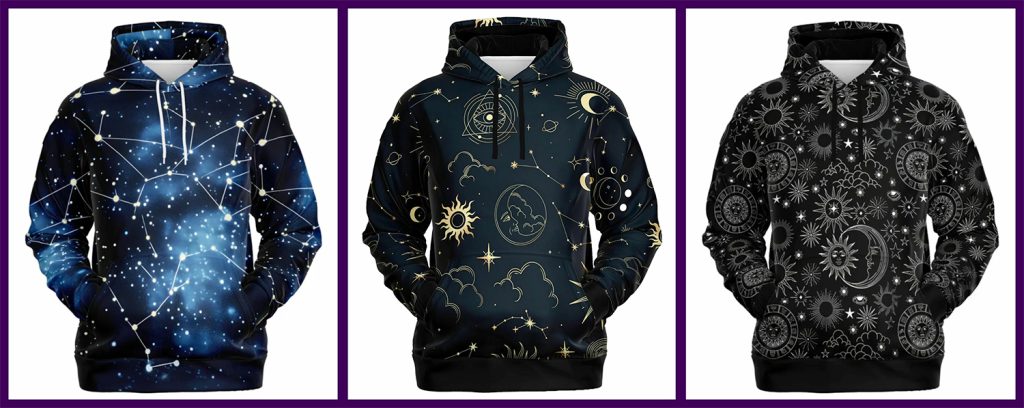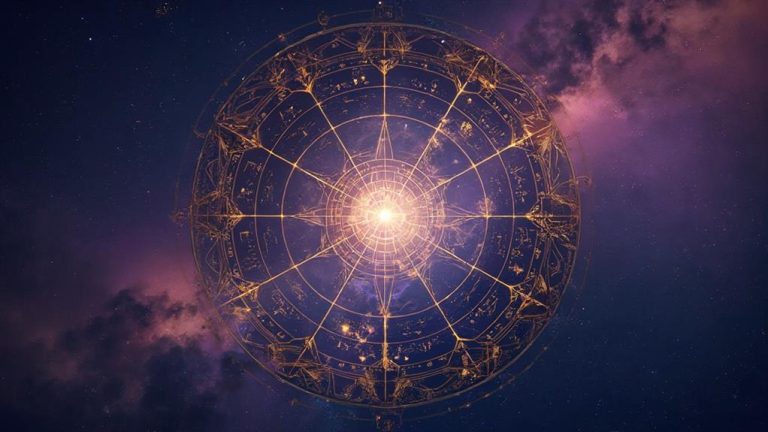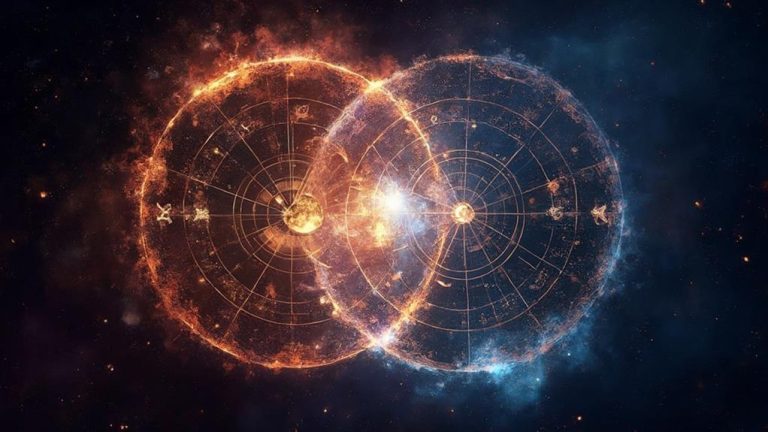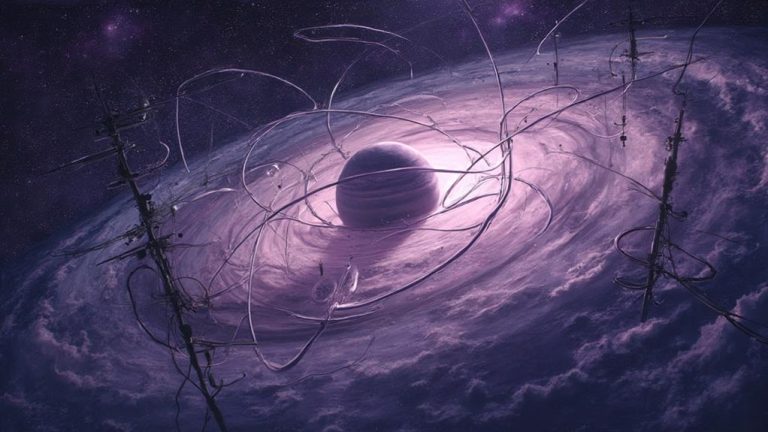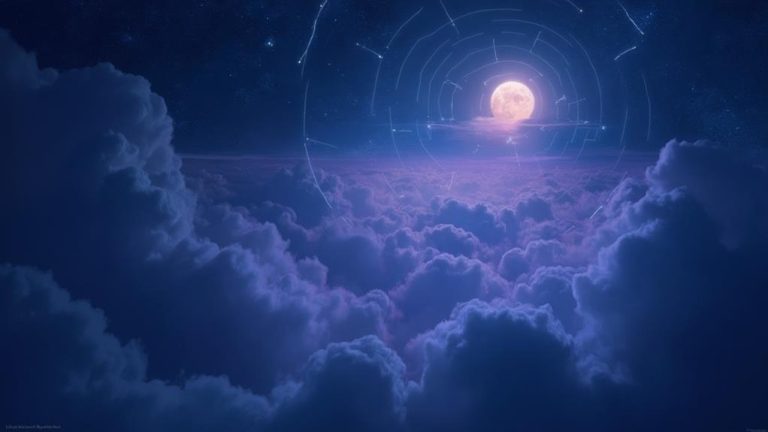Is There Scientific Evidence Supporting Astrology?
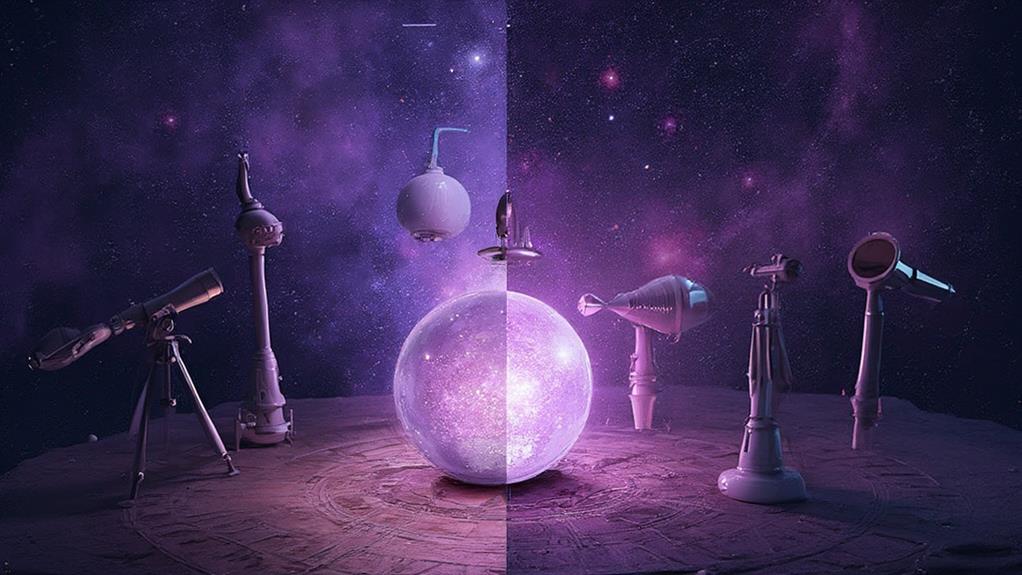
Astrology has captured human imagination for millennia, but scientific evidence does not support its claim of celestial influence on human behavior.
Despite its cultural popularity, astrology lacks the controlled experiments, observable data, and testable hypotheses that form the foundation of scientific inquiry. While fun and relatable, astrology should be seen more as an art form than a science.
Origins and Evolution of Astrology
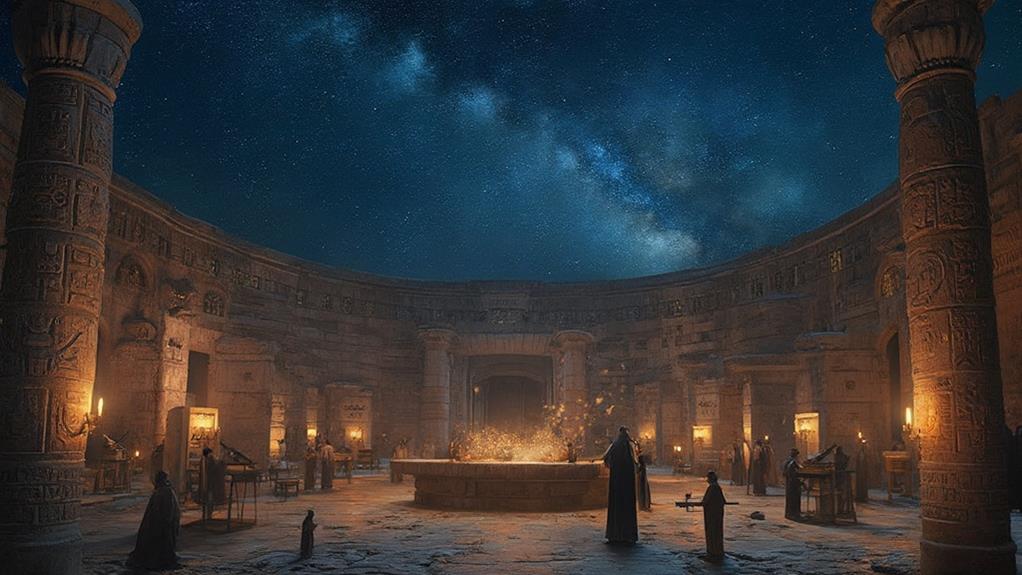
Astrology dates back to 2000 BCE, when early civilizations in Mesopotamia used celestial observations to understand seasons and predict events. By 700 BCE, the Babylonians had developed the zodiac, which laid the foundations for what would later be known as astrology.
Greek and Roman scholars combined these early observations with their philosophical ideas to transform astrology into the personalized system we know today. However, as science evolved, the credibility of astrology began to diminish.
Scientific Method Versus Astrological Claims
The scientific method requires testable, reproducible results, which astrology does not provide. It operates without controlled experiments or measurable outcomes.
Where studies have been conducted, such as on the proposed “Mars effect,” there is no observed correlation between planetary arrangements and human traits. The gravitational influence of celestial bodies like planets is far less impactful than forces like gravity from nearby objects on Earth.
Testing Birth Chart Predictions

Scientific studies on astrology show its predictions do not hold up under scrutiny. Michel Gauquelin’s study of 20,000 birth charts found no reliable link between planets and life outcomes, confirming the subject’s intrinsic randomness.
Further research by Carlson in 1985 found that astrologers could not match birth charts to personal profiles any better than chance. Similarly, Dean and Kelly’s 2003 analysis of 40 years of data indicated astrology’s predictions align more with random guesses than any real predictive power.
Confirmation Bias in Horoscopes
One reason horoscopes feel so accurate is the psychological concept of confirmation bias. We tend to remember the instances where horoscopes appear accurate and disregard the ones that don’t align with our experience.
Astrologers often use Barnum statements, broad generalizations like “You’ll face a decision soon” that apply to nearly everyone. When these vague predictions come true, you’re more likely to attribute it to astrology rather than coincidence.
Astronomical Facts and Zodiac Signs
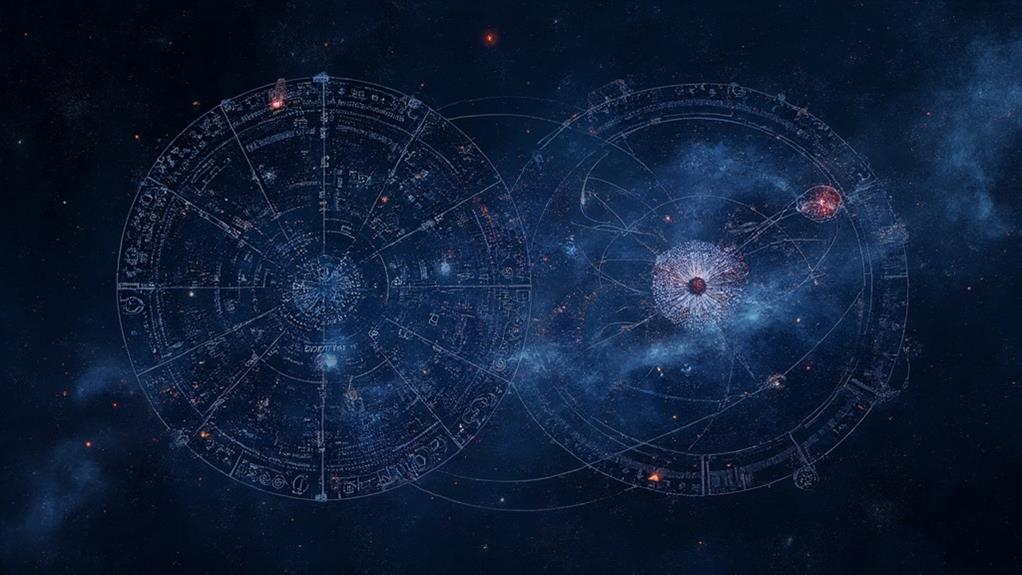
Astrology’s zodiac is based on celestial positions from 2,000 years ago, but Earth’s precession has since shifted these positions by about 30 degrees, meaning the sun is no longer in the sign indicated by traditional astrological charts.
In reality, astronomers now recognize 13 zodiac signs, including Ophiuchus, which is notably absent in traditional astrological frameworks.
Zodiac and Star Positions
| Traditional Zodiac Sign | Current Astronomical Sign |
|---|---|
| Aries (Late March – Mid April) | Pisces due to precession |
| Leo (Late July – Mid August) | Cancer due to precession |
The precession of Earth has misaligned zodiac constellations by approximately 30 degrees, meaning someone who thinks they are a Leo may actually be under Cancer according to modern astronomy.
Ancient Vs. Modern Constellations
Ancient civilizations saw different patterns in the stars compared to today’s astronomical understanding, especially due to Earth’s precession. Modern astronomy identifies 88 constellations, where ancient astrologers recognized fewer and with irregular boundaries.
This discrepancy demonstrates a misalignment between astrology and astronomy, diminishing the relevance of traditional zodiac signs.
Precession’s Effect on Signs
Earth’s wobble, known as precession, shifts zodiac constellations over a 26,000-year cycle. As a result, zodiac signs no longer align with the real positions of the constellations they are meant to represent.
This scientific principle challenges traditional astrological claims about current zodiac sign positions and their supposed influence.
Psychology Behind Astrological Belief
Many people find comfort in astrology due to cognitive biases that reinforce their belief in its accuracy. These biases often become stronger during periods of stress or uncertainty.
Cognitive Biases and Astrology
Cognitive biases, such as confirmation bias and the Barnum effect, explain why astrology can feel so personal. Even when statements are vague, many people accept them as specifically relevant to their lives.
The Barnum effect leads us to believe that generic descriptions are uniquely descriptive of our own personality.
Seeking Order Through Horoscopes
During times of uncertainty, many turn to horoscopes as a source of structure and guidance. Astrology provides comfort, giving a sense of control over unpredictable life events even though it lacks real-world accuracy. Believers often find solace in its interpretations, using the stars as a map to navigate complex emotions and decisions. Discussions about astrology and relationship compatibility frequently arise, offering individuals hope or validation in their romantic pursuits. While skeptics may dismiss it as mere entertainment, its popularity highlights a collective yearning for meaning in an often-chaotic world.
Research Studies on Celestial Influence

Several studies have aimed to test astrology scientifically, and the results consistently show no meaningful correlation between celestial events and human behavior.
McGrew and McFall’s 1990 study, where astrologers were asked to match birth charts to psychological profiles, found that astrologers performed no better than random guessing.
Statistical Analysis of Astrological Predictions
Studies analyzing astrology have concluded it doesn’t perform any better than random chance. Here are key findings from various research studies:
- A study of 2,000 predictions found only 48.7% of them accurate, roughly the same as guessing.
- A comprehensive analysis showed no direct link between planetary positions and individual life events across 90 subjects.
- In multiple trials, astrologers could not match birth charts to personalities better than chance.
Astrological predictions are often successful only due to psychological biases rather than genuine prediction accuracy.
Modern Science Meets Ancient Practice
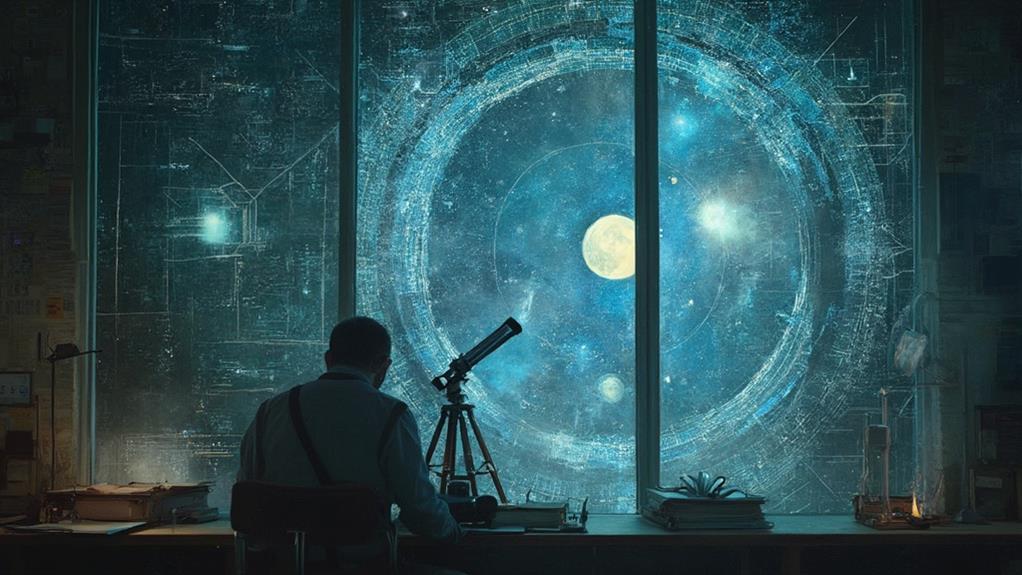
Modern scientific studies rigorously show astrology’s predictions are no better than random chance. Researchers have used statistical methods and controlled experiments to disprove astrological claims, most notably on birth charts and personality traits.
New discoveries in astronomy, such as the planet Neptune, and the confirmation of Earth’s precession have further highlighted astrology’s flaws. Twin studies, which control for birth circumstances, show that astrology has no predictive power in determining life outcomes.
Frequently Asked Questions
Can Astrological Readings Predict Medical Conditions or Health Issues?
Astrology does not have scientific backing for predicting medical conditions or health concerns. If you are concerned about your health, always seek evidence-based advice from a healthcare professional.
Do Twins With Identical Birth Charts Experience the Same Life Outcomes?
No, twins do not have the same life experiences, even if they share identical birth charts. Life outcomes are shaped by a combination of genetic factors, personal choices, and environmental influences.
How Do Solar Flares and Space Weather Affect Astrological Predictions?
Solar flares and space weather do not influence astrological predictions. While they impact Earth’s magnetosphere and communication systems, there’s no scientific link between them and astrology’s claims.
Why Do Some Skeptics Become Believers After Personal Astrological Experiences?
Skeptics may become believers due to confirmation bias, which leads people to focus on predictions that “come true” while overlooking those that do not. This biased interpretation can create the illusion that astrology works.

